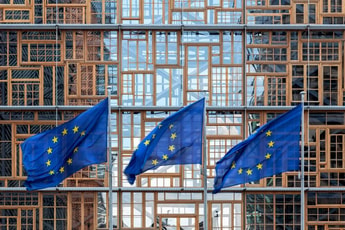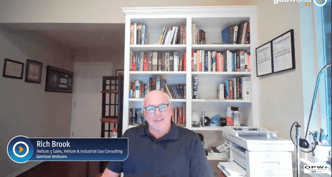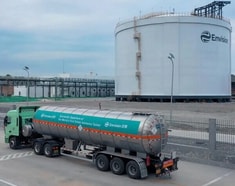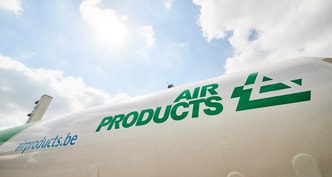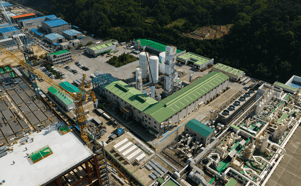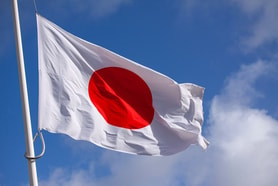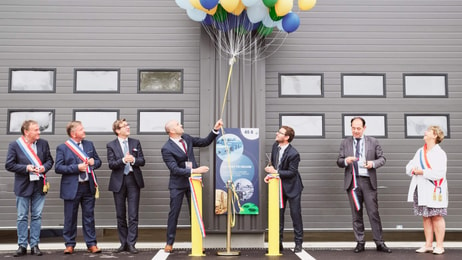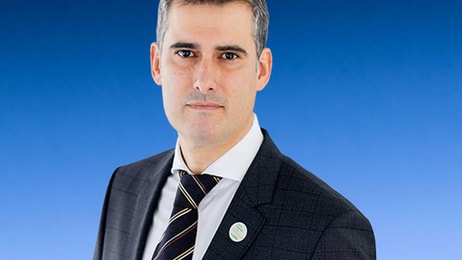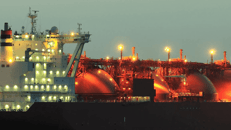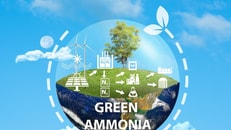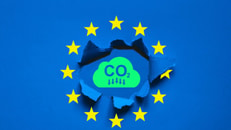Europe updates: PFAS rules, Ukraine funding and Austria support
It’s been a busy period in European policy covering regulation, funding and industrial development.
Today (19th September), the Commission has adopted new measures under the Reach regulation – EU chemicals legislation – restricting the use of undecafluorohexanoic acid (PFHxA) and PFHxA‑related substances.
The restriction will ban the sale and use of PFHxA in consumer textiles, such as rain jackets; food packaging, such as pizza boxes; consumer mixtures such as waterproofing sprays; cosmetics (skin care); and in some firefighting foam applications used for training and testing.
However, it does not affect other applications of PFHxA, for example in semiconductors, batteries or fuel cells for green hydrogen.
... to continue reading you must be subscribed


